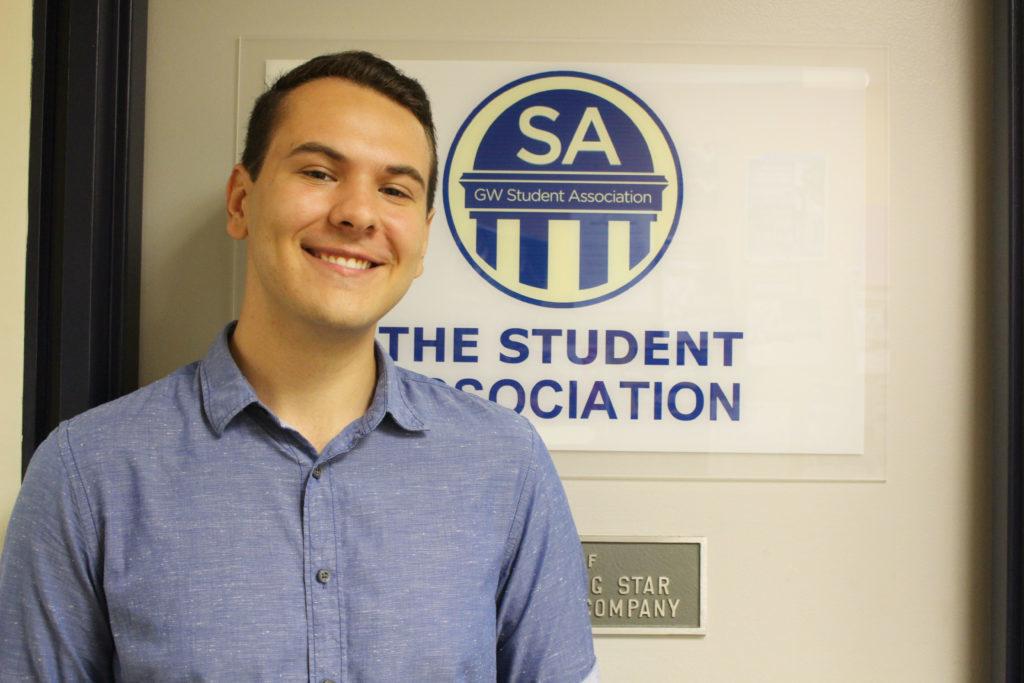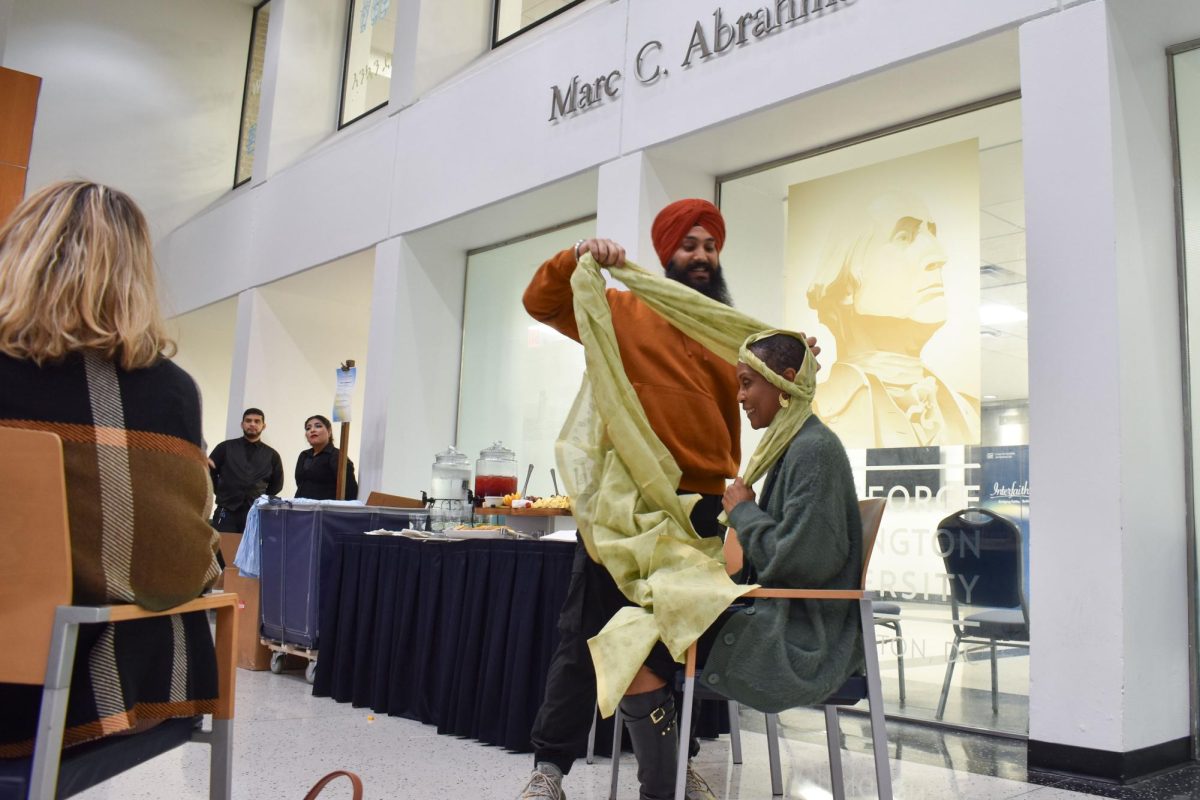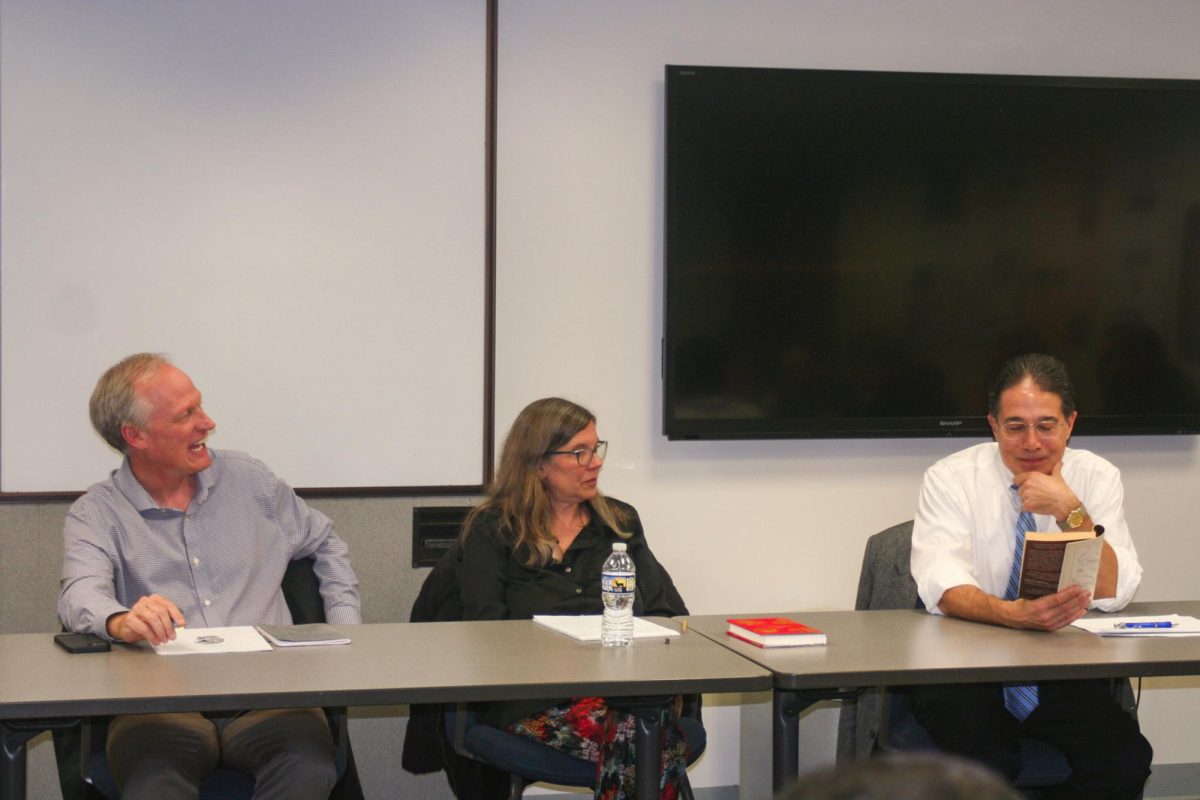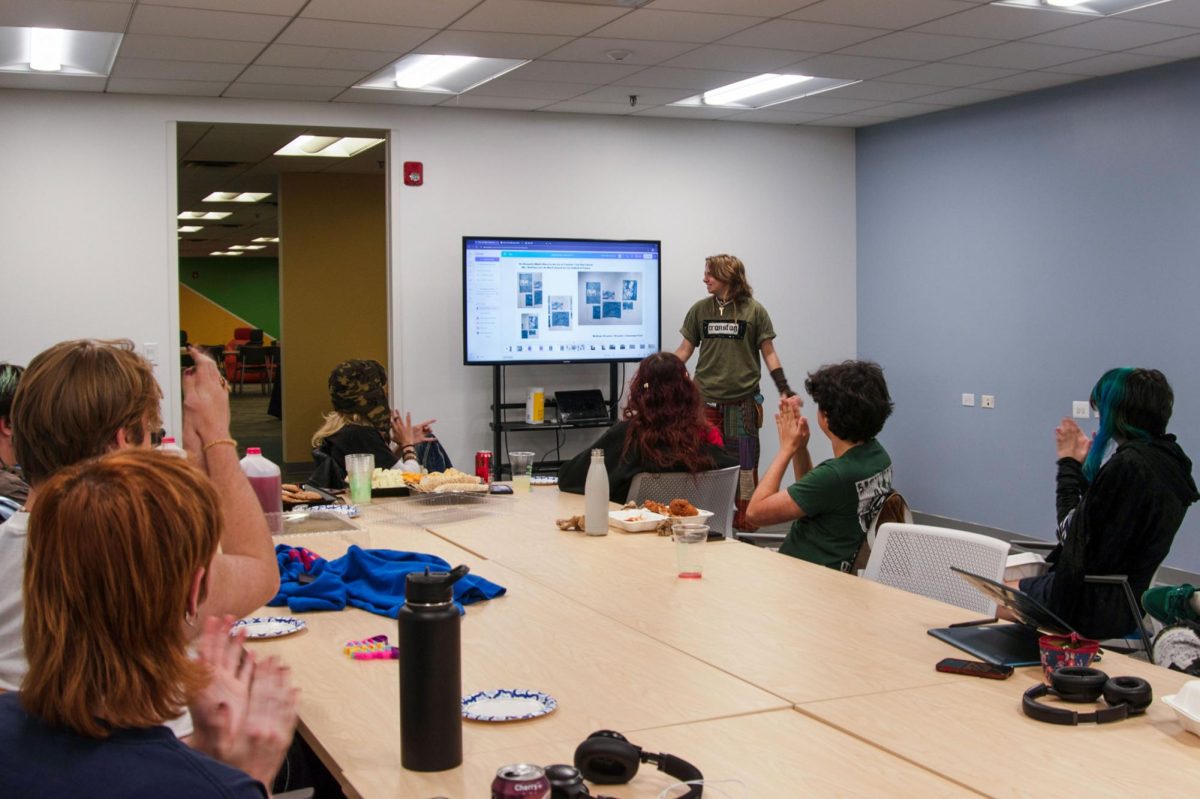After piloting a program to help students facing disciplinary action, student leaders are looking to grow their organization this year.
The Student Association’s Student Advocacy Corps, which launched last November and began operating in March, will spend this academic year recruiting more advocates and learning about more Student Code of Conduct issues. Todd Neblett, the SA’s director of student advocacy who oversees the group, said corps members will undergo specialized trainings related to topics like Title IX and academic integrity to better understand how to guide students through disciplinary processes.
“With the ability to advise on a wider range of cases, the ASC can become a resource for a greater population of the student body,” he said. “We’re working to address needs on campus, and one of those areas is advising for students who are navigating difficult processes with the University.”
Neblett, a sophomore, said the group currently includes five advocates and recently brought on two new advocates this semester. He said new advocates will attend trainings on the Student Code of Conduct on Nov. 9 and 10, and existing advocates are required to complete a “refresher” course during the same week.
He said advocates will host “office hours,” during which students consult advocates about their cases, upon completing trainings next month.
Neblett said advocates will take part in subject-specific trainings in January about topics like academic integrity or Title IX to assist students who might need help navigating areas outside of code of conduct violations. Advocates can then voice which topics they’d like to work on with students, he said.
“It’s going to be almost like a volunteer basis,”he said. So advocates will say ‘Hey, I want to specialize in academic integrity cases’ or ‘Hey, I want to specialize in Title IX cases,’ and then from there they will get specialized training through Student Rights and Responsibilities and after that they will be able to take on those cases.”
He said when students are notified by SRR that they have violated the Code of Conduct, students will now automatically receive information about the corps.
He declined to specify how many cases advocates have taken on since the beginning of the year, citing the Family Educational Rights and Privacy Act, which protects a student’s education records.
Neblett said he will ensure that information about the advocacy corps appears in the SA’s newsletters and will brief resident advisers about referring residents to the program.
“We’ve focused on growth for the first portion, and now we’re really starting to reach out,” he said.
Junior Logan Basch, the SA’s vice president for judicial and legislative affairs and the former director of the corps, said the group struggled to gain recognition in the spring.
Basch said he met with officials in the SRR office – like Christy Anthony, the director of the Office of Student Rights and Responsibilities – about mandating SRR to include information about the group when handing down disciplinary warnings, but the plan never came to fruition.
“We were launched in the second half of the second semester of the year, when people aren’t paying attention to their emails and they’re not reading everything that comes in,” he said.
Basch said his “biggest regret” while running the group last year is that he mainly reported to former SA President Ashley Le and did not work with other SA leaders. He said he wished he had collaborated with members like the vice president for public affairs to include information about the group in SA emails and social media posts.
“Our student conduct affects every aspect of your life, because if you get dinged for this then you can’t participate in that club or you can’t go do this thing,” he said. “What could be improved is working with everyone that you can find, and I regrettably didn’t do that.”
Senior Samantha Paralikas, who helped launch the group while serving as the vice president for legislative and judicial affairs, said she worked with Basch in the spring to formulate student advocate trainings, but she left the “day-to-day” tasks for the group – like scheduling office hours – up to Basch.
At trainings in the spring, students discussed their goals for the semester and held mock office hours to practice how advocates should respond when a student comes in to ask a question, she said.
She said the group should hold more frequent office hours and include personal and contact information for advisers on the SA website to better publicize the corps.
“You don’t have to feel embarrassed about asking this like SRR official about, so I think what really this organization would really benefit from is just having as many office hours as possible,” she said.
Marisol Cabrera and Dylan Sapienza contributed reporting.








